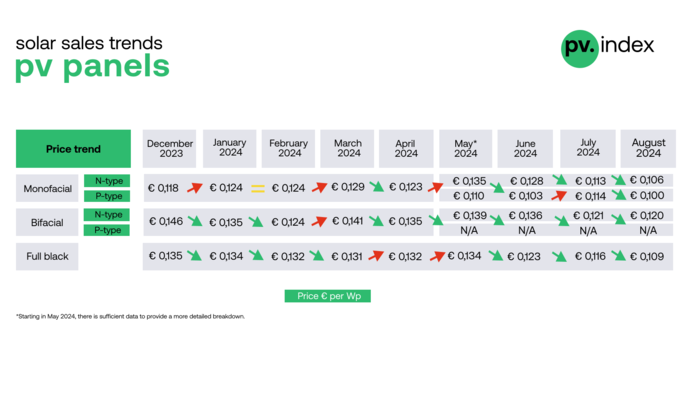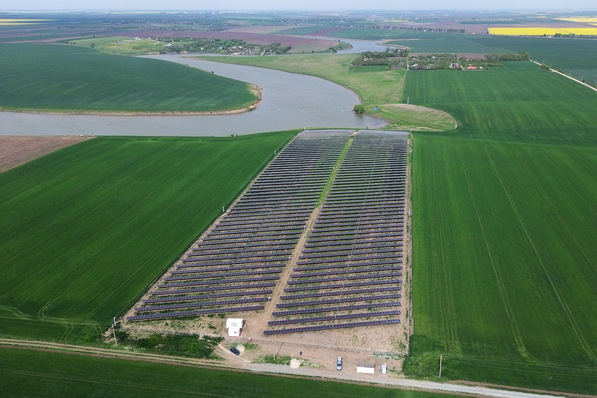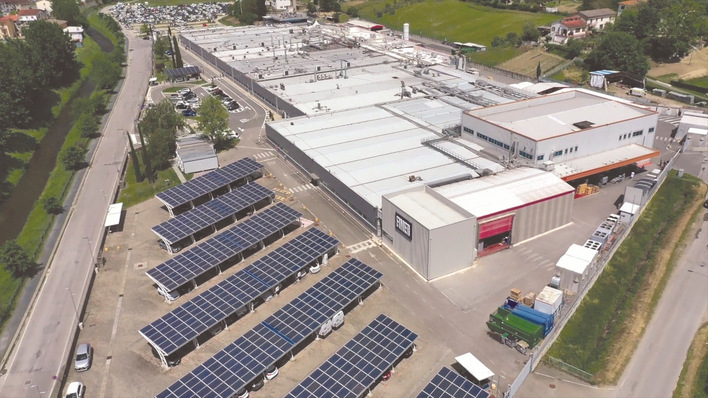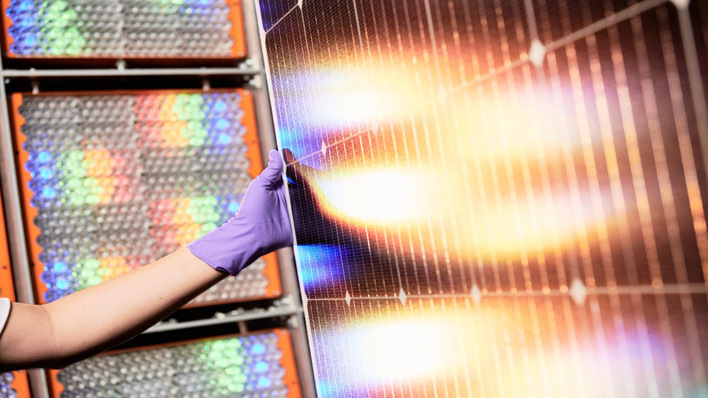After their quarterly meeting, the SolarPower Europe Board of Directors' quarterly meeting – which was exceptionally held at the SMA headquarters in Kassel, Germany – released the following statement.
“Inverter manufacturing has historically been Europe’s strongest link in the solar supply chain. As recently as 2023, the continent hosted more than 80 GW of inverter manufacturing, primarily focused (86%) in string inverters which are particularly well suited for rooftop PV systems in residential and small-scale commercial applications.
Also see: “A company cannot be on hold for a year”
We acknowledge the important role for the path of the energy transition by inverter-based energy supply and the crucial role for the system stability and sovereignty.
However, the industry now faces difficulties due to global manufacturing overcapacity and a slowdown in the rooftop PV segment in several important European markets.
Call for a Important Project of Common European Interest
Inverters are the brains of the energy system, connecting solar output to grids, batteries and other clean energy technologies, which become only more important as Europe electrifies and digitalises its energy systems. Europe can simply not afford to lose this critical industry and must act now.
Also see: European inverter industry under pressure – IPCEI initiative
As a structural solution, we call on European policymakers in Brussels and Member States to consider a dedicated Important Project of Common European Interest (IPCEI) on smart and secure electrification, to better leverage public funding and guarantee EU’s leadership in the critical communication components of the future energy systems, like solar inverters.
Enforcing highest standards and financial support mechanisms
But more immediate measures are needed as well. We ask European policymakers to develop an action plan for the EU inverter industry, exploring all options on the table, including; enforcing the highest standards on cyber- and energy security, and providing direct financial support mechanisms to enhance its competitiveness on a global scale, while ensuring a level playing field.
Also see: European solar manufacturing should be a priority
The electrification and digitalisation wave are an opportunity for Europe’s inverters to seize the innovation edge, wield next-generation grid-forming ability, and establish a competitive global market share.
Right now, Europe can take up this opportunity to entrench its world-leading spot in inverters that go the extra mile – supporting the grid and securing cyber-preparedness. However, with inaction, Europe risks not only the inverter industry – and tens of thousands of jobs – but the secure electrified transition itself.” (hcn)








